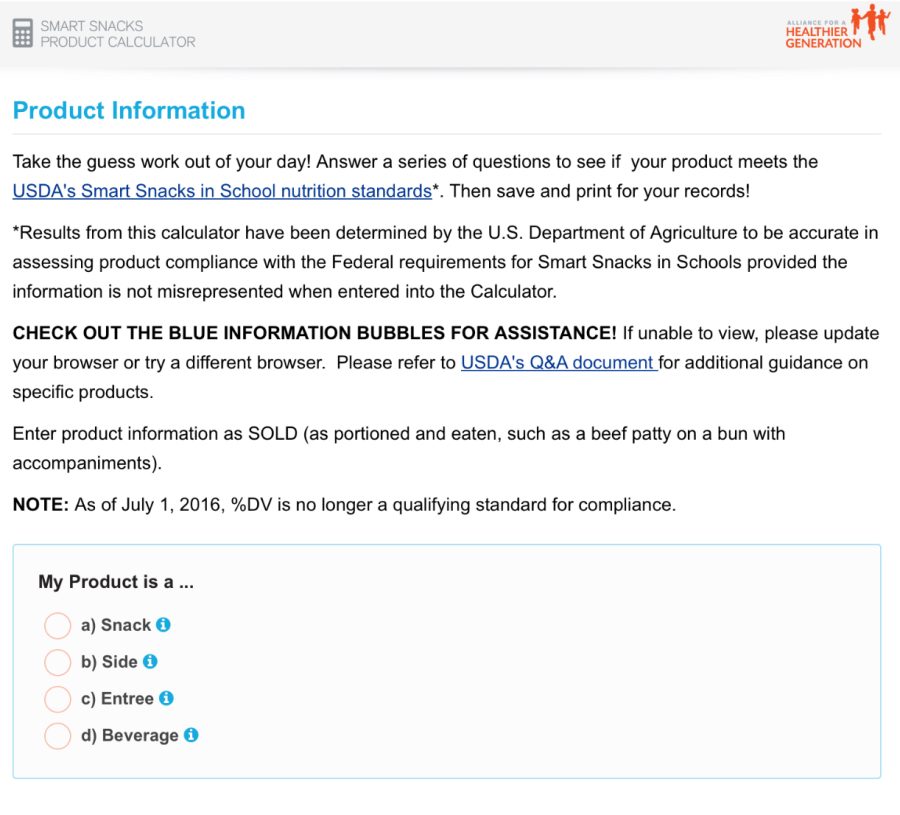Opinion: MT Student Wellness Policy Reaches Too Far
November 18, 2022
“For a child to succeed, the overall wellness of a child must be taken into consideration,” reads MTSD’s student wellness policy. Broadly, this policy discusses the importance of exercise and nutrition, both undeniably valuable factors in a healthy lifestyle. However, by taking a closer look at the details, one might start to wonder—is it necessary?
The overall points of this policy are that the school is responsible to provide students with times of physical activity and balanced nutrition. Physical activity can take the form of recess, gym classes, or extracurriculars. The nutrition aspect concerns the foods available to students from “any time before school through half an hour after school.” This means breakfast, lunch, and any snacks provided by the school.
At first glance, this policy seems to be a well-thought out, clear way to encourage a healthy lifestyle for students. In most ways, that is true. But what isn’t clear at first is just how much of a reach this policy has.
In the classroom, the policy encourages “non-food rewards.” Furthermore, it restricts the snacks and drinks that can be sold during the day. This includes any fundraisers. All snack items must be under 200 calories, have less than 230 milligrams of sodium, have the total fat be less than 35% of the calories, and have less than 35% of the snack’s weight be in sugars. These requirements extend to any accompaniments such as salad dressing, cream cheese, or butter. The policy even restricts the portion sizes of milk and 100% fruit or vegetable juice, limiting the high school to selling up to 12-ounce portions.
While this snack policy seems to have good intentions, I believe it could be the cause of many unwanted side effects. Placing such importance on the nutritional values of every food eaten throughout the day could create an unhealthy fixation on calories and sugar. This could be dangerous as it could create eating disorders, or fuel unhealthy relationships with food. A truly balanced diet contains everything in moderation, and stressing over the nutritional information is more unhealthy than the amount of calories.
Additionally, the policy restricts the snacks that can be sold for fundraisers. A few weeks ago, Key Club sold Boo Grams as a fundraiser for UNICEF. While deciding what to include in the bags, every option had to be run through a “Smart Snacks Product Calculator.” This calculator ruled out Goldfish, bubble gum, and any type of candy imaginable, all because they contained too much sugar or sodium.
Despite the fact that these snacks were small portions of a student’s diet, they were denied because of numbers and percentages. Furthermore, they were being sold as a way to raise money for charity. While there is no way to be sure, I can imagine high school students would be more motivated to purchase something if it came with the promise of candy. Even though all the proceeds went to charity, selling anything that didn’t comply with the Smart Snacks calculator was immediately vetoed.
No matter the good intentions of this health policy, I believe it goes too far. Not only could it create unhealthy relationships with food, but it also restricts the ability of clubs and individuals to raise money for great causes.














Hayden • Nov 18, 2022 at 10:29 am
Yes, school lunches need a change, my friend always buys lunch and half the time the food is almost unrecognizable. While some are totally fine others are not, like the fries, they taste like plastic and have little to no salt. I feel school lunches and snacks need change even if its just salt shakes next the other condiments.